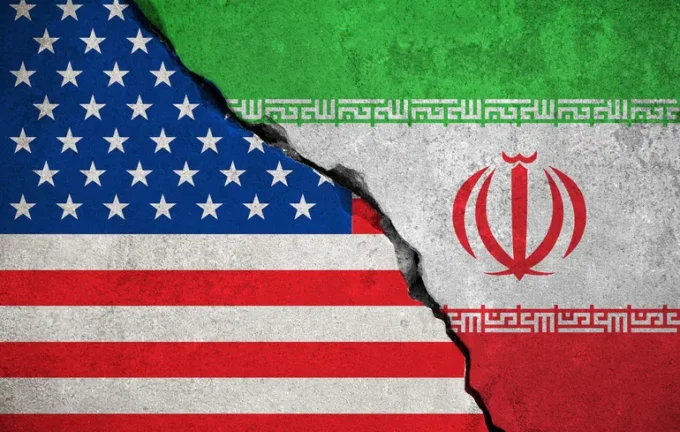A Wake-Up Call for America: Weakness or New Challenges After Striking Iran

The recent military operation conducted by the United States against Iranian targets as part of Operation Northern Hammer has marked a new chapter in the country's foreign policy and defense strategy. This strike, which many observers called a display of military power, also cast doubt on the actual strength of U.S. military capacity and their ability to manage global challenges effectively. The reality is that Washington's military might today appears considerably weaker than it might seem at first glance. The threat of external confrontation, combined with internal political debates over military course, has intensified and brought critical issues to the forefront. On one side, policymakers advocating for increased military capabilities emphasize the need for substantial investment in defense industries and readiness to respond to provocations from countries like China and Iran. On the other, political elites oppose large expenditures and stress the importance of domestic reforms and reducing military spending. The facts show that the United States do not possess unlimited resources for extensive military presence worldwide. The operation in the Middle East, which the Pentagon claims delayed Iran's nuclear program for several years, underscored that modern warfare requires significant financial and human resources. U.S. forces have sent additional aircraft carriers, missile systems, and increased support to allies in Europe and the Middle East. However, such measures are costly, and their sustainability and scope raise critical questions. Analysts point out that the balance of power in the world is beginning to shift unfavorably for the U.S., due to limited capabilities to contain new global challenges, growing competition from China, and regional security threats, particularly concerning Taiwan and the Asia-Pacific region. These complexities highlight the importance of aligning diplomacy with military strategy, as well as accurately assessing national resources and strategic priorities. Overall, Operation Northern Hammer is not only a display of power but also a signal to the world and the U.S. itself about internal vulnerabilities. Military strength remains vital, yet it is becoming increasingly insufficient on its own. The future of America's global leadership hinges on its ability to balance diplomatic and military instruments effectively. Furthermore, this event underscores that contemporary conflicts require more than just firepower—they demand political resilience, strategic vision, and responsible decision-making.

